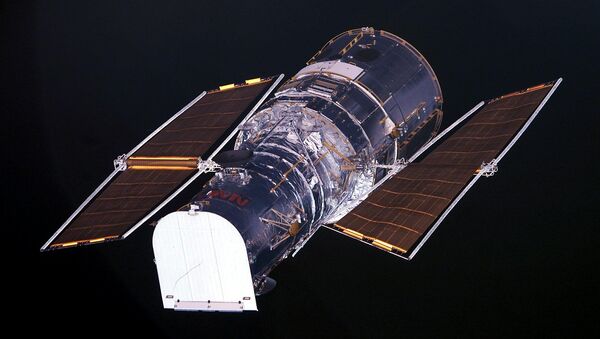NASA has captured and released a stunning image of a galaxy located about 85 million light years away. According to the space agency, the galaxy named IC 2051 was observed by the Hubble Space Telescope during a study of galactic bulges, the bright round central regions of spiral galaxies that scientists think play a crucial role in the evolution of galaxies and influence the growth of supermassive black holes.
This is IC 2051, a galaxy in the southern constellation of Mensa (The Table Mountain), lying about 85 million light-years away.
— HUBBLE (@HUBBLE_space) December 16, 2019
Credit: @ESA / @Hubble_Space / @NASA , P. Erwin et al. https://t.co/P2I30lfMsa pic.twitter.com/QIgOXFjmNw
NASA compared the IC 2051 galaxy to a “flying saucer” noting that spiral galaxies are shaped this way when they are seen from side. “They comprise a thin, flat disk, with a bulky bulge of stars in the centre that extends above and below the disk”, NASA said in its report.
The space agency noted that although further research is needed in this area, previous studies show that “some, or even most, galactic bulges may be complex composite structures rather than simple ones, with a mix of spherical, disk-like, or boxy components, potentially leading to a wide array of bulge morphologies in the universe.”

